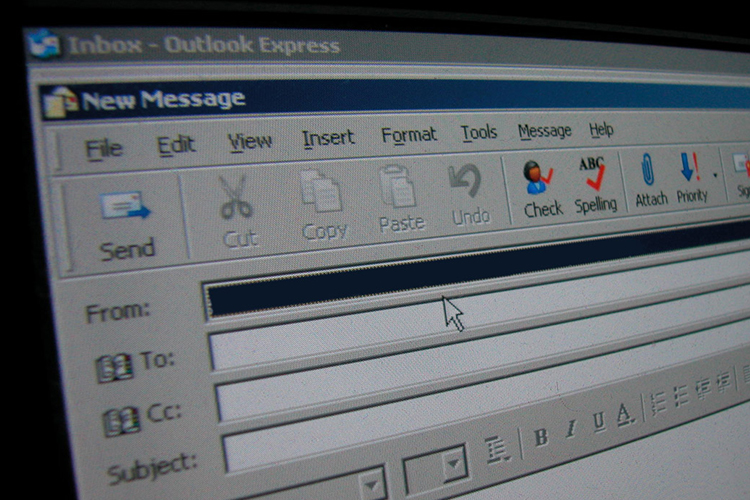Feeling the burnout?

In celebration of ACFO’s upcoming Spring Tune-Up professional development event on May 24, I want to discuss an issue I’ve seen affect several members in my 10+ years with ACFO. Many of our cases, including personal conflicts and harassment, have had one underlying theme: mental health.
Stress and mental health issues are completely normal and affect us all. In fact, nearly 50% of FIs indicated in the 2015 State of the FI Community survey that stresses from the workplace have affected their mental health. Also, according to the Mental Health Commission of Canada, health problems and illnesses account for more than $6 billion in lost productivity costs due to absenteeism and presenteeism.
Stress is highly contagious to your coworkers and affects efficiency and engagement. ACFO is aware that stress increases at certain times of the year, but it is important to recognize the signs when stress is beginning to affect your quality of work and your quality of life.
When first talking to a member, ACFO has what is called the duty to inquire: when an issue arises, we have to determine whether a disability or mental health problem is the cause. To answer this question, I ask them:
How do you feel when you’re driving to work?
Does your heart rate go up? Does it intensify as you get closer to the office? Do you get a headache? How about when you’re driving home? Just asking yourself these questions can provide an answer. Another question I ask:
Where do you want to be in one year?
Are you working in the same job, or are you somewhere else? If you’re envisioning yourself elsewhere and you think your job is negatively affecting your mental health, you have several options open to you.
Seeing your family doctor is a good first step. It’s important to recognize your energy is best spent fixing the problem rather than dealing with it, so your doctor can help determine the severity of the problem and refer you to the help you need.
Fixing the problem also includes finding a new job. If this isn’t an option, short-term sick leave or long-term disability leave are available to you. You may also take advantage of Health Canada’s Employee Assistance Program (EAP), which offers a 24-hour crisis centre, counselling, and advisory services to support managers. At NAV Canada, Light the Way offers a mental health peer support program.
As always, we also encourage you to reach out to an ACFO Labour Relations Advisor at 1-877-728-0695 or labourrelations@acfo-acaf.com for any assistance in the workplace. We can give you context to your situation, resolve workplace issues and provide you with your work/life balance options. On a larger scale, we’re advocating for mental health support through improving leave and through our PD Day on May 24.
Tackling a mental health problem takes courage, but with a wealth of options available to you and a wealth of resources ready and willing to help, you have the opportunity to improve your life in and out of the workplace.
And it’s only a phone call away.
Scott Chamberlain, LL.B
Director of Labour Relations / General Counsel






